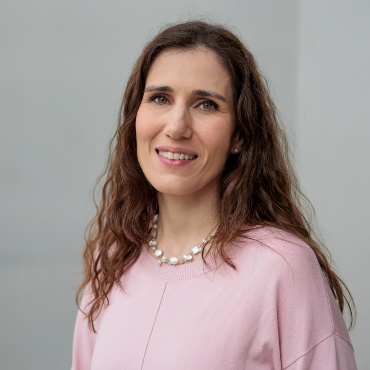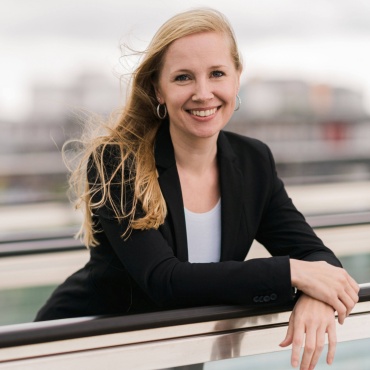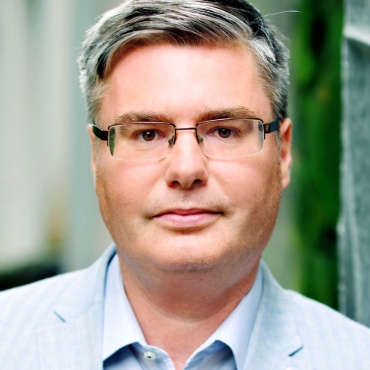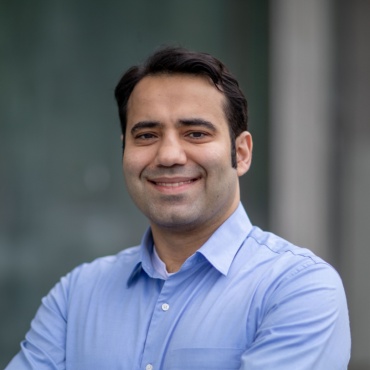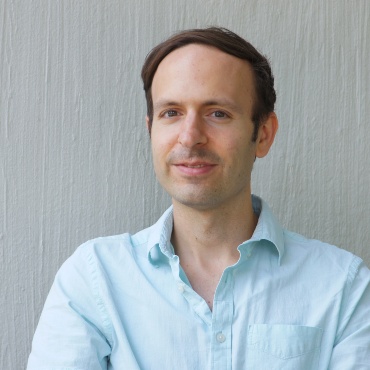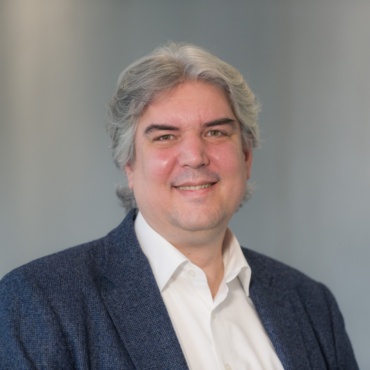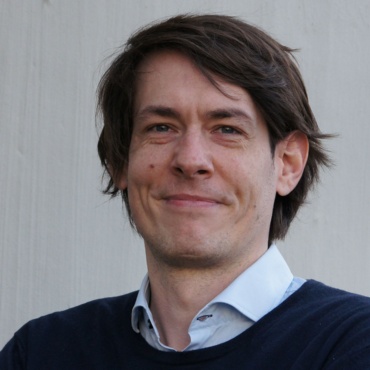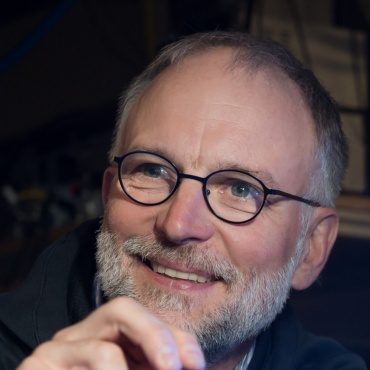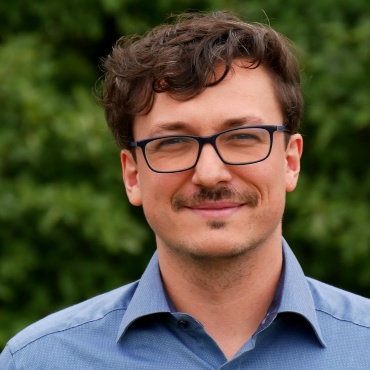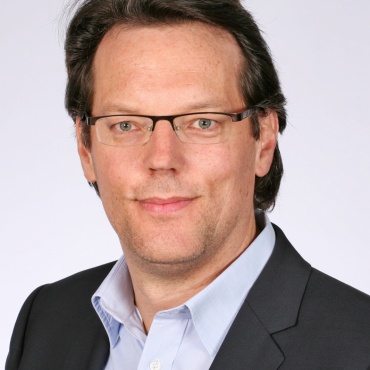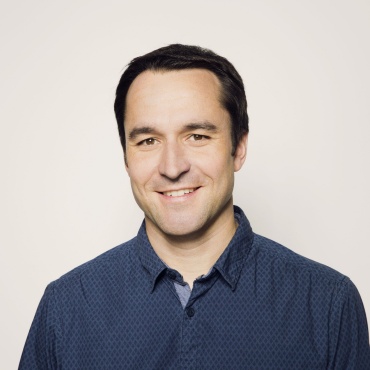In the current Horizon Europe framework program (2021 - 2027), more than 60 projects with funding of more than 38 million euros have already been acquired. Many innovations from these projects have since found their way into industrial applications. The European Commission has therefore recognized the University of Stuttgart as a "Key Innovator" for its contribution to innovative developments.
Current ERC-Grants
The European Research Council (ERC) funds groundbreaking, visionary research and is oriented toward top-flight researchers at various career stages. Success in ERC grants has come to be recognized as a hallmark of international competitiveness for European universities. The ERC contains the following funding schemes: ERC Starting Grant, ERC Consolidator Grant, ERC Advanced Grant, ERC Synergy Grant and ERC Proof of Concept.
EU projects with consortium leadership from the University of Stuttgart
EU collaborative projects leverage the expertise of diverse European and non-European research and industrial partners, receiving significant funding from the European Union, totaling millions of euros annually. The following projects are coordinated at the University of Stuttgart:
Promising innovations in biotechnology often end in the "valley of death" despite advanced methods, as cell line development is confronted with an overly complex solution space of possible modifications. The BIOS project, aims to biointelligently optimize the conventional "Design-Build-Test-Learn" (DBTL) cycle and increase the speed and success rates in bioengineering.
Coordination:
Prof. Ralf Takors, Institute of Biochemical Engineering (IBVT)
Program:
Horizon Europe
Duration:
October 1, 2022 to September 30, 2026
The European Union is largely dependent on imports of white phosphorus (P4), a strategic raw material required for the food and pharmaceutical industries. To tackle this challenge, the EU FlashPhos project, led by the University of Stuttgart, will use a thermochemical process to recover high-quality white phosphorus and other raw materials on a large scale using sewage sludge as the starting material. Raw materials are strategically utilized within the European chemical, metal, and cement industries.
Coordination:
Matthias Rapf, Institute for Sanitary Engineering, Water Quality and Solid Waste Management
Program:
Horizon 2020
Duration:
May 1, 2021 to April 30, 2025
EuroCC2 continues the work of the EuroCC project, in which the participating countries set up a national competence center (NCC) in the field of high-performance computing (HPC) in their respective countries. EuroCC2 finances the National Competence Centers for High Performance Computing (NCCs for HPC). The centers serve as the first point of contact for users of and those interested in high-performance computing, as well as maintaining a network of providers and service providers from the sector. Furthermore, the NCCs themselves offer a broad service portfolio with training, services and consulting as well as access to computer systems aimed at users from all target groups.
Coordination:
High-Performing Computing Center Stuttgart (HLRS)
Program:
DIGITAL
Duration:
January 1, 2023 to December 31, 2025
CASTIEL2: European networking of national competence centers for high performance and supercomputing
CASTIEL2 is the continuation of the CASTIEL Coordination and Support Action (CSA) and coordinates the National Competence Centers for High Performance Computing (NCCs for HPC). This project focuses on training, industrial interaction and cooperation, business development, raising awareness of HPC-related technologies and specialist knowledge. CASTIEL2 now also includes a number of new Centers of Excellence (CoEs). While the NCCs bundle competencies at regional level (per country), CoEs bundle competencies per sector (e.g. engineering). CASTIEL2 was created to enable coordinated exchange and targeted cooperation between these infrastructures.
Coordination:
High-Performing Computing Center Stuttgart (HLRS)
Program:
DIGITAL
Duration:
January 1, 2023 to December 31, 2025
EXCELLERAT P2 maintains the productive collaboration among Europe's foremost HPC centers, application specialists, and supporting partners, with HLRS also spearheading the coordination of the second project phase. The Center of Excellence is responsible for scaling important codes for engineering applications to larger computer architectures. EXCELLERAT also supports technology transfer so that these codes can be adopted by industry. EXCELLERAT P2 focuses its development on six selected application cases that cover the entire spectrum of HPC usage profiles.
Coordination:
High-Performing Computing Center Stuttgart (HLRS)
Program:
Horizon Europe
Duration:
January 1, 2023 to December 31, 2026
Coordination:
Prof. Dr. Georg Herdrich, Institute of Space Systems (IRS)
Program:
Horizon Europe
Duration:
June 1, 2023 to November 30, 2025
This project investigates a novel building system for universally applicable, lightweight point-supported timber flat slabs for multi-storey buildings. The project aims to build the foundational computational design-, engineering-, and fabrication methods for transferring cutting edge research from an academic context to broad application within the AEC industry. Funded by the European Innovation Council, the project aims to advance the system concept from Technology Readiness Level 1 (TRL 1) to TRL 4. At the end of the project, the participants aim to spin-off and offer a breakthrough sustainable building technology to the international market.
Coordination:
Hans Jakob Wagner, Institute for Computational Design and Construction
Program:
Horizon Europe
Duration:
October 1st, 2024 to September 30th, 2027
FFplus is a European initiative highlighting and promoting the adoption of High-Performance Computing (HPC) by SMEs and start-ups across Europe. The scope of the targeted actions includes both the solution of business challenges through computational methods on HPC systems and the use of supercomputing resources for the development of (generative) Artificial Intelligence (AI) software solutions and services. The computational methods encompass a large range of possibilities: modelling and simulation, data analytics, machine learning, and AI – all options empowering SMEs through enhanced innovation and competitiveness. The strategic objective of using supercomputers for generative AI is to facilitate and strengthen the technological development of European SMEs in that important area.
Coordination:
HLRS High Performance Computing Center Stuttgart
Program:
DIGITAL
Duration:
May 1st 2024 to April 30th, 2028
Excellent conditions for research, studies and cooperation
You might also be interested in
[Photos: ICD/ITKE/University of Stuttgart, HyEnD / University of Stuttgart]
Contact
Heinke Claß
Head of Department


